Introduction to Bamboo Textiles
Bamboo fabric is a highly sought-after textile due to its softness, breathability, and eco-friendly properties, making it a popular choice for bamboo clothing and household textiles. For bamboo clothing, certifications such as Oeko-Tex and GOTS are important to ensure safety and sustainability.
The bamboo plant is a fast-growing, sustainable resource that requires minimal cultivation and irrigation, reducing its environmental impact. Bamboo leaves play a significant role in the plant's environmental benefits by contributing to carbon sequestration and oxygen production.
Compared to other plant-based crops like cotton and hardwood, bamboo crops grow rapidly, require fewer chemicals, and have a positive impact on soil health, making them a more sustainable agricultural choice.
Bamboo textiles have been used for thousands of years, but modern production methods have perfected the process of turning bamboo into fabric.
Understanding the different types of bamboo fabrics, including bamboo linen and bamboo viscose, is crucial for making informed choices about sustainable textiles.
Certifications for Bamboo Fabric
- The Global Organic Textile Standard (GOTS) certifies organic textiles, including bamboo fabrics, with strict criteria for the cultivation of raw material, as well as the processing and manufacturing of finished textile products. GOTS covers a range of natural fibers, including bamboo, and ensures that these fibers are produced and processed sustainably.
- Oeko-Tex Standard 100 certifies bamboo fabrics and other textile products tested for harmful substances, ensuring human-ecological safety and fabric quality. This certification applies to various natural fibers and confirms that the fibers have been processed according to strict safety standards.
- Organic Content Standard (OCS) tracks and verifies the percentage of organic raw material in bamboo fabrics for transparency, ensuring that the fiber content in textile products is accurately represented.
- USDA Organic certification ensures that only organic bamboo is used, following strict organic farming practices. Certified factories must follow strict standards to ensure the organic status of the bamboo used.
Certifications ensure that bamboo fibers are processed and manufactured according to strict environmental and safety standards. Certified factories and manufacturing sites are regularly inspected to ensure compliance with certification requirements, helping to produce eco-friendly and ethically made textile products.
Certification Process Explained
The certification process for bamboo fabrics and organic cotton is designed to ensure that every step, from the cultivation of raw materials to the final textile product, meets the highest standards for sustainability, safety, and quality. Leading certifications like the Global Organic Textile Standard (GOTS) and Oeko-Tex Standard 100 play a crucial role in setting and enforcing these strict criteria within the textile industry.
The journey begins with the sourcing of raw materials. For certified organic bamboo and organic cotton, this means the bamboo fibers and cotton must be grown without the use of synthetic pesticides, genetically modified organisms (GMOs), or other harmful chemicals. Independent inspections and laboratory testing verify that the raw materials are truly organic and free from substances that could harm the environment or human health.
Once the raw bamboo or cotton is harvested, the next phase focuses on processing and manufacturing. GOTS certification requires that the entire supply chain—from spinning the fibers into yarn to weaving or knitting the fabric—adheres to environmentally friendly practices. This includes the use of natural enzymes and mechanical processes, as well as closed-loop systems that recycle water and minimize waste. The use of strong chemical solvents, such as carbon disulfide, sulfuric acid, and caustic soda, is strictly regulated or prohibited to reduce environmental impact and protect workers.
Oeko-Tex Standard 100 certification takes the process a step further by rigorously testing bamboo fabrics and other textiles for harmful substances. This includes screening for toxic chemicals, heavy metals, and residues from the chemical process often used in bamboo-based textiles. Fabrics are tested for pH levels, colorfastness, and shrinkage to ensure they are safe for sensitive skin and meet high quality standards.
Certification bodies like the Soil Association are responsible for verifying the organic status of bamboo textiles and organic cotton. They conduct regular audits and testing to ensure ongoing compliance with organic and environmental standards. This ongoing process guarantees that certified organic textiles continue to meet the required benchmarks for sustainability and safety.
By choosing bamboo fabrics and organic cotton that are certified by recognized standards such as GOTS and Oeko-Tex, consumers can be confident they are purchasing textiles that are genuinely eco friendly, free from harmful substances, and produced with respect for both people and the planet. The certification process not only protects consumers but also drives the textile industry toward more sustainable and responsible practices, making it easier for everyone to make informed choices and support a healthier environment.
Oeko-Tex Certification
Oeko-Tex certification is a trusted standard for ensuring that bamboo textiles and the factories where they are manufactured meet strict safety and sustainability standards.
The certification process involves testing for harmful substances, such as toxic chemicals and heavy metals, to ensure that the final product is safe for human use. Before testing, the textiles are thoroughly washed and processed to remove any residues and ensure safety.
Oeko-Tex Standard 100 is a widely recognized certification that guarantees the quality and safety of bamboo fabrics.
Manufacturers who hold Oeko-Tex certification demonstrate their commitment to environmentally friendly and socially responsible textile production, and must ensure that each factory and all factories involved meet rigorous environmental and social responsibility standards.
Eco-Friendly Bamboo Textiles
- Genuine bamboo fabric is made from the bamboo plant using a mechanical process that preserves the natural benefits of the bamboo fibers. This method maintains the integrity of bamboo cellulose and retains the fabric's natural antibacterial properties, making it superior to chemically processed alternatives.
- Eco-friendly bamboo textiles are produced using closed-loop systems that minimize waste and reduce environmental impact. A closed loop system captures, recycles, and reuses chemicals and water during production, significantly lowering pollution and resource consumption.
- Mechanical and closed-loop processes are preferable to environmentally harmful chemical methods, such as those used to make bamboo rayon. Chemical processes like the viscose method use sodium hydroxide and wood pulp to extract cellulose, which can result in significant environmental and health concerns due to the release of toxic chemicals.
- High-quality bamboo fabric is durable, breathable, and soft, making it an excellent choice for clothing and textiles. Bamboo textiles made from natural fibers, such as mechanically spun and woven bamboo, are more eco-friendly than those made from rayon.
- Organic bamboo fabrics are made from sustainably sourced bamboo, ensuring that the production process is environmentally friendly. Bamboo products made using sustainable methods are preferable to those produced with harmful chemicals. Like wood, bamboo is a valuable source of cellulose for textile production.
Identifying Genuine Products
To identify genuine bamboo fabric, look for certifications like Oeko-Tex Standard 100 and GOTS, which guarantee the quality and safety of bamboo products, including bamboo clothing and other textile products.
Check the label for information about the production process, such as whether the bamboo was mechanically or chemically processed, and details about the materials used.
Be wary of products that claim to be “bamboo” but are actually made from synthetic materials or blends.
Research the manufacturer and their commitment to sustainability and environmental responsibility, as transparency in labeling is especially important for bamboo products.
Benefits of Certified Textiles
- Certified textiles, including bamboo fabrics, offer numerous benefits, such as ensuring human-ecological safety and promoting sustainable textile production.
- Certified fabrics are tested for harmful substances, reducing the risk of skin irritation and other health problems.
- Choosing certified textiles supports environmentally friendly and socially responsible manufacturing practices.
- Certified fabrics are more durable and long-lasting, reducing waste and the need for frequent replacements.
Production and Sourcing of Bamboo Textiles
- The methods used to produce bamboo textiles can vary in their environmental impact, with both mechanical and chemical processes being used.
- The production process can impact the quality and sustainability of the final product.
- Sourcing raw materials from sustainable and environmentally responsible suppliers is crucial for ensuring the eco-friendliness of bamboo textiles.
- Manufacturers should prioritize transparency and accountability in their production and sourcing practices.
Conclusion on Sustainable Textiles
- Sustainable textiles, including bamboo fabrics, play a critical role in reducing the environmental impact of the textile industry.
- Choosing certified textiles and supporting environmentally responsible manufacturers can promote sustainability and reduce waste.
- Consumers should prioritize informed choices and research the production process and materials used in their clothing and textiles.
- By working together, we can create a more sustainable and environmentally friendly textile industry that benefits both people and the planet.

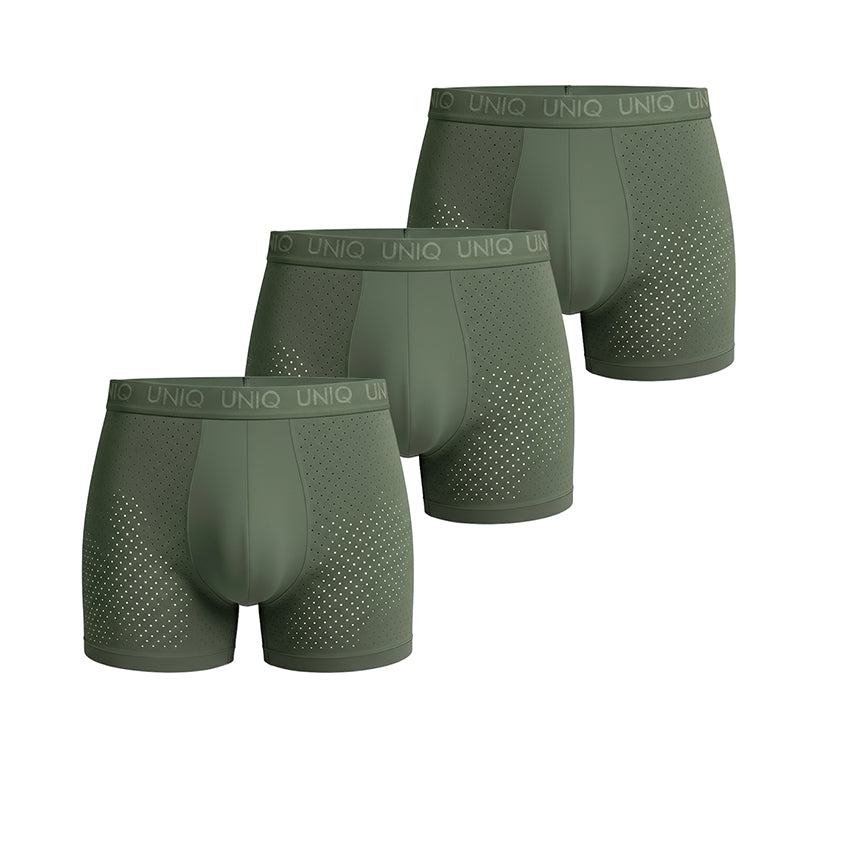
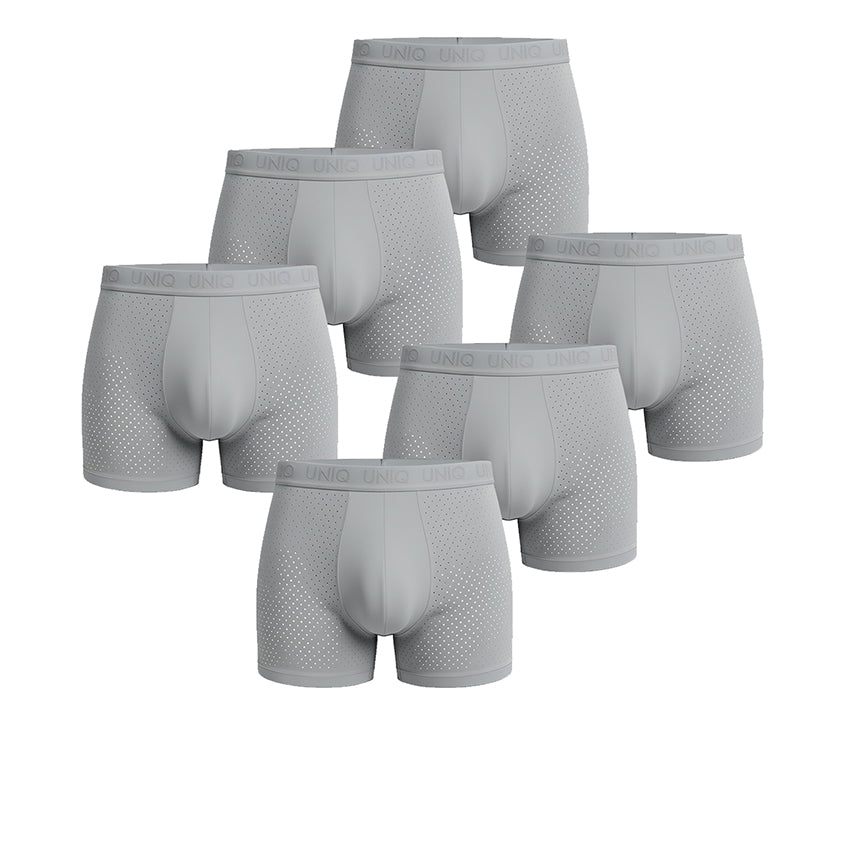
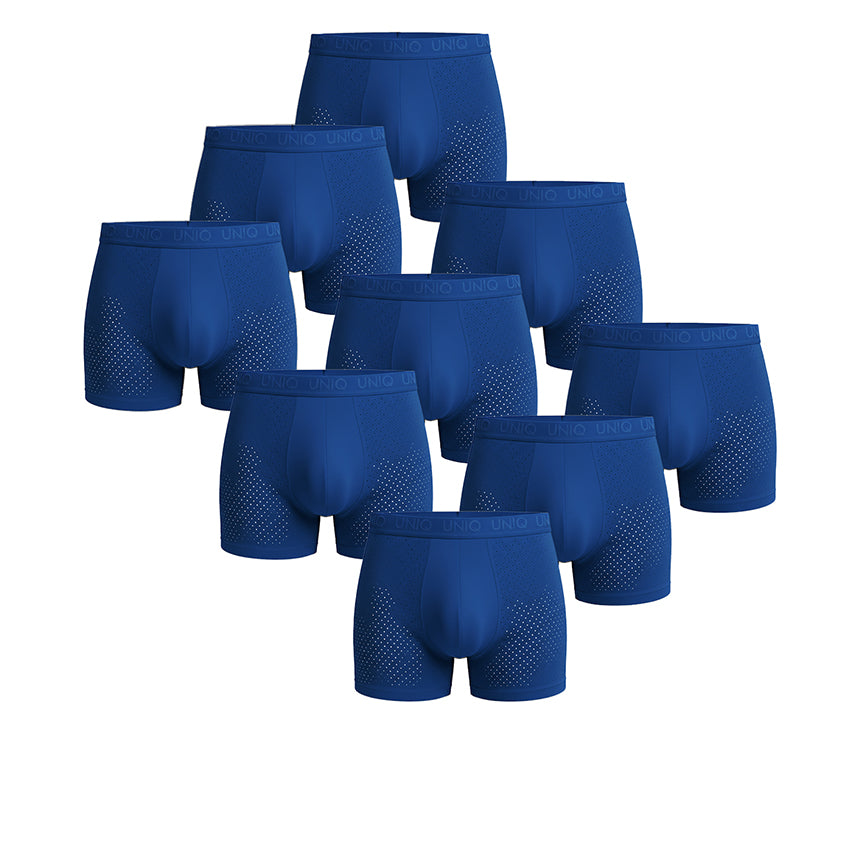
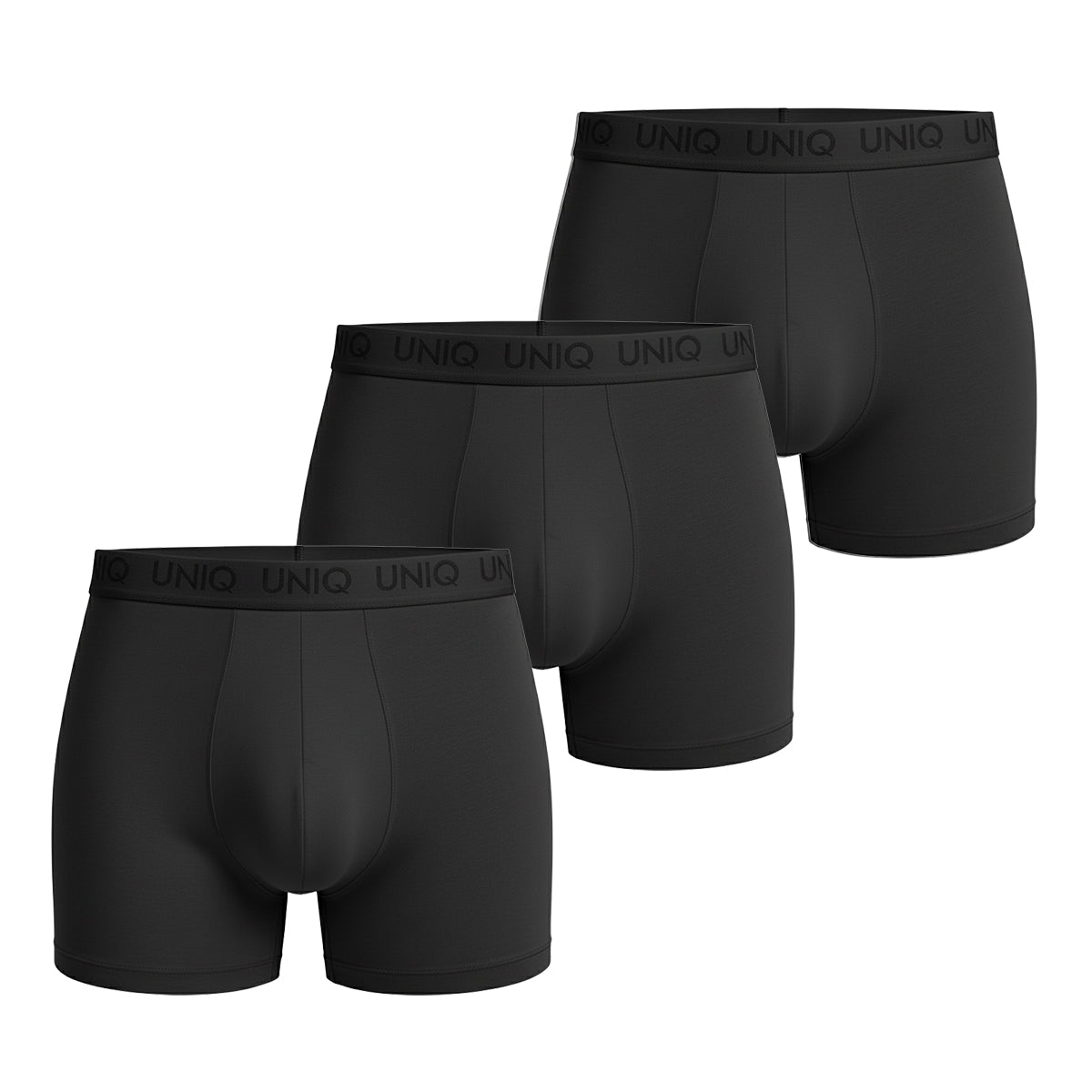
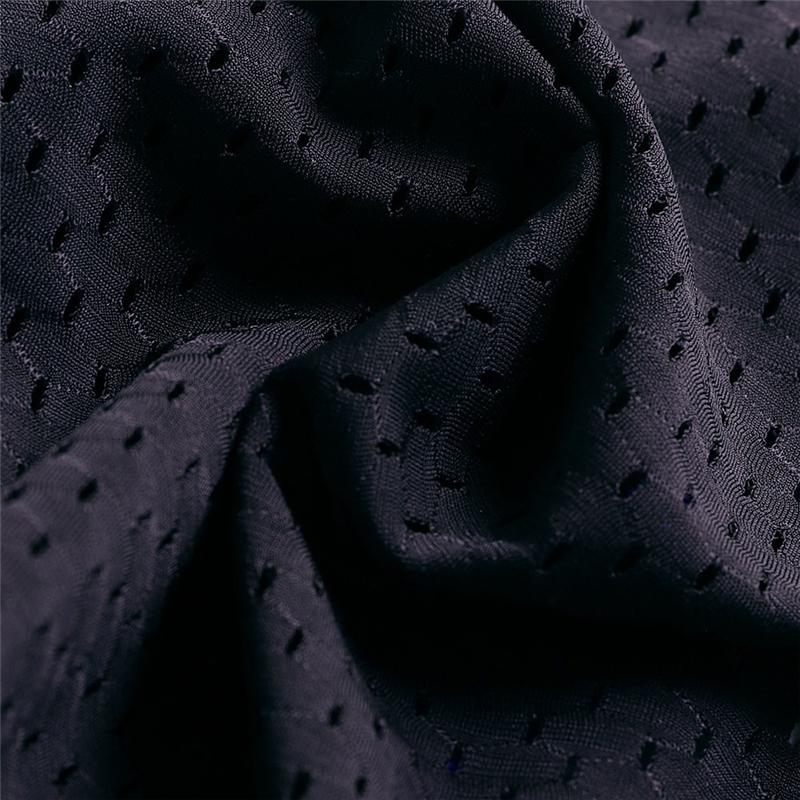
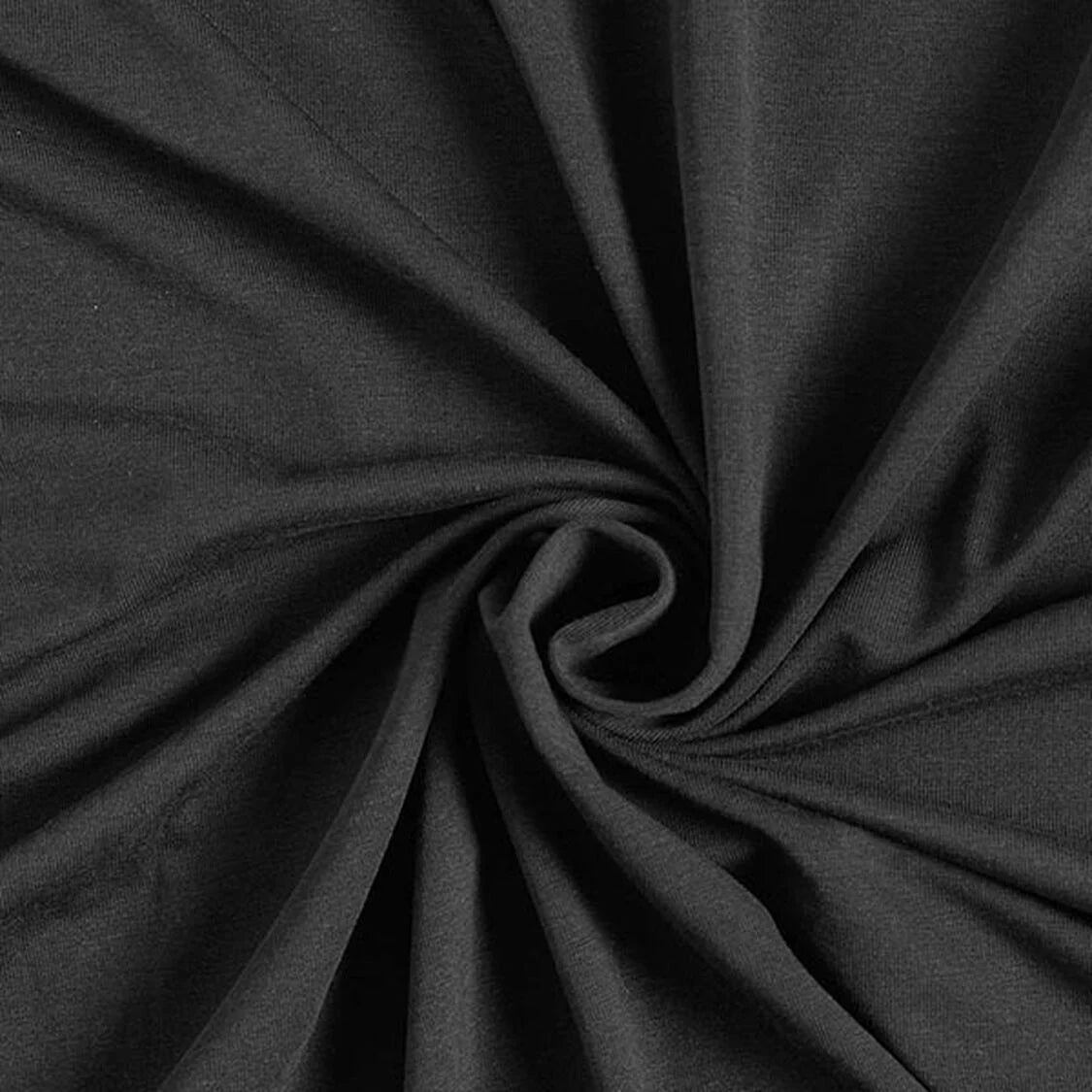
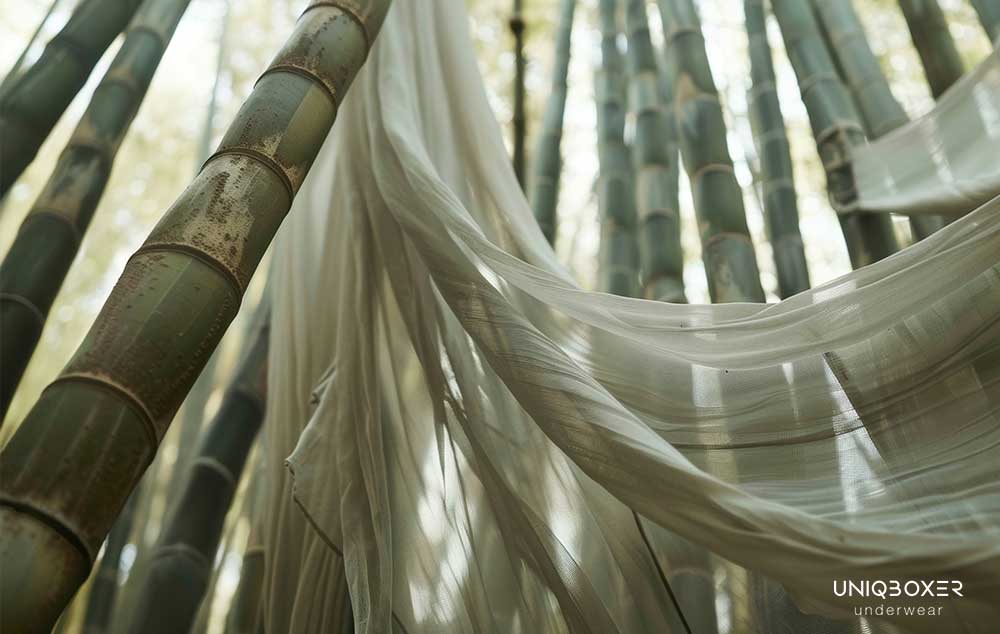

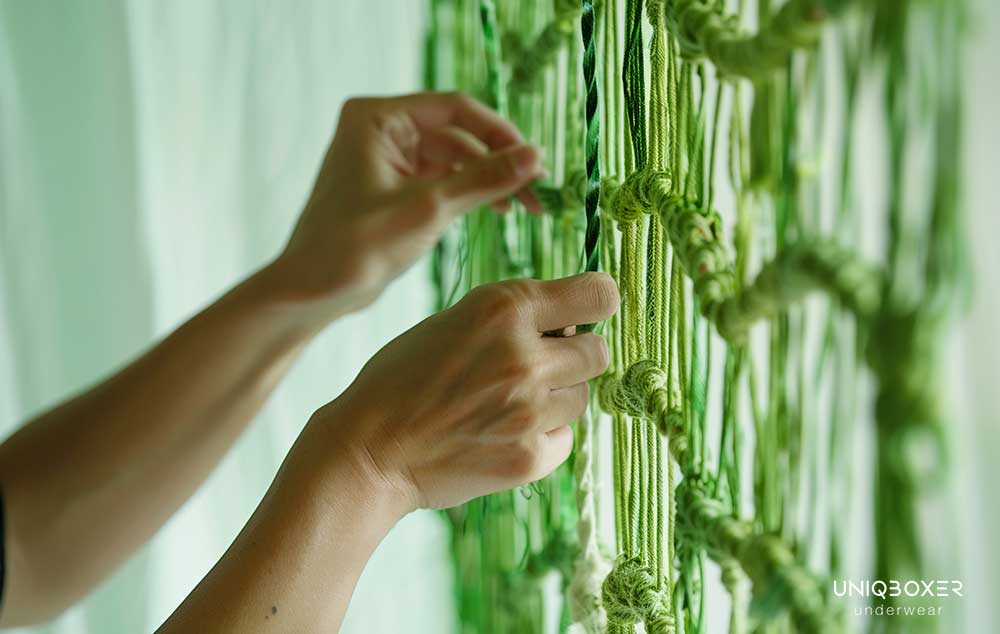
Leave a comment
This site is protected by hCaptcha and the hCaptcha Privacy Policy and Terms of Service apply.